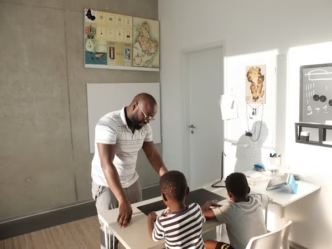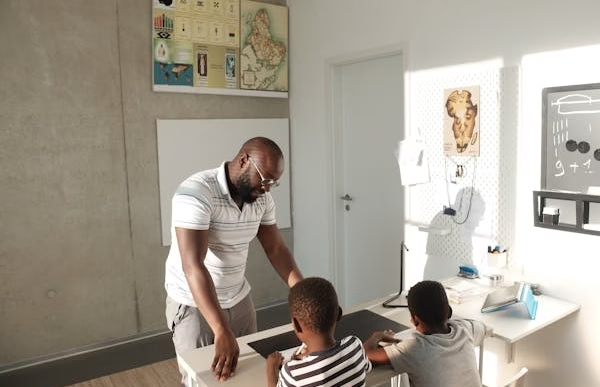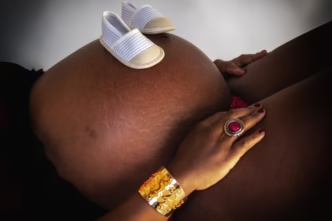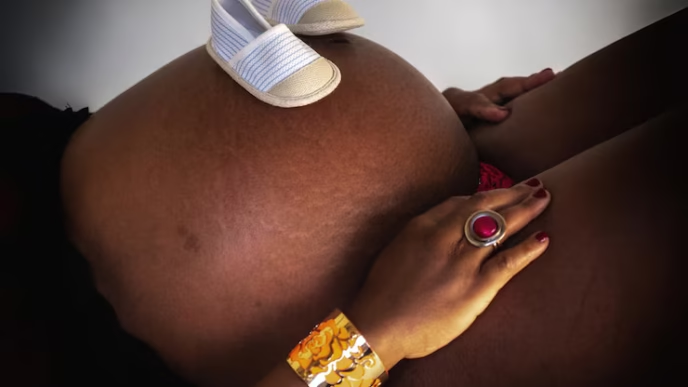Key Highlights
- The pain of parenting isn’t always physical, sometimes, it’s emotional
- Fatherhood is a daily test of patience and self-compassion
- There’s strength in vulnerability and honest parenting
The words hit me like a punch in the gut: “I hate you!”
Isaac was kicking and screaming in the grocery store parking lot, his face bright red, tears streaming down his cheeks.
I’d dropped his favorite sippy cup in the car, and he’d been inconsolable ever since. Now, in front of everyone, he was losing it.
People were staring. A woman hurried past us, muttering under her breath. A man glanced over, then quickly looked away. I felt my cheeks burning. But the worst part wasn’t the embarrassment, it was the pain.
Those three words cut deeper than I ever expected.
I knelt down next to him, my voice shaky. “Isaac, we don’t say that,” I said softly. But he just turned away, sobbing into his stroller. I felt helpless, like I’d failed him somehow.
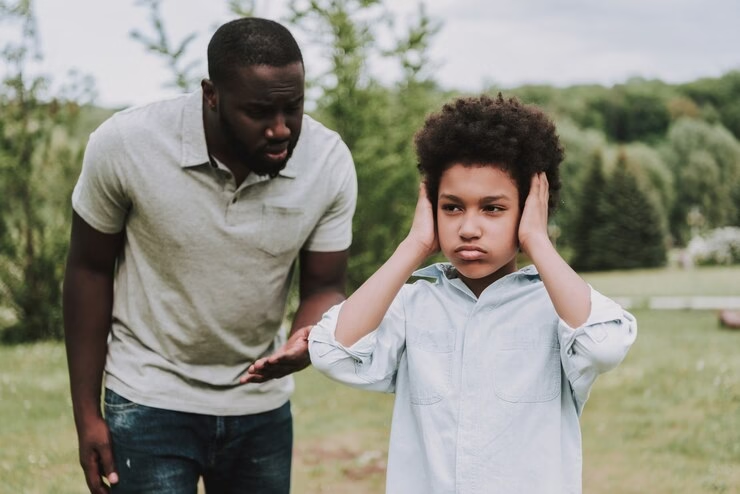
The Weight of Those Three Words
I’d never imagined that my own child’s words could hurt this much. I’d braced myself for tantrums, for meltdowns, for the chaos of parenting. But I wasn’t ready for this.
I thought back to when Isaac was just a baby, so tiny and fragile. I’d hold him in my arms, rocking him to sleep, feeling this overwhelming love that I never knew existed. I’d promised myself I’d always be there for him, that I’d protect him from everything.
But now, as he screamed those words at me, I felt like I was failing. Like I wasn’t the father I’d promised to be.
I thought about my own father back in Uganda. He was a stern man, always working, always busy. We didn’t talk much about feelings. I’d vowed to be different with my own kids. But in this moment, I felt just as distant, just as inadequate.
The Struggle to Stay Patient
Being a father isn’t what I thought it would be. It’s not all soccer games and bedtime stories. It’s also the endless tantrums, the sleepless nights, the moments where you feel like you’re just not enough.
I’ve lost count of how many times I’ve messed up. The mornings I’m too tired to play, the evenings I snap when he won’t listen. I try my best, but sometimes it feels like it’s not enough.
When Isaac screamed “I hate you,” it brought all those feelings rushing back. The frustration, the guilt, the fear that I’m not doing this right.
How to Handle It When Your Child Lashes Out
If you’re going through this too, I want you to know you’re not alone. It’s not easy, but there are things you can do:
- Take a deep breath: When your child is upset, it’s easy to get overwhelmed. But taking a moment to breathe can help you stay calm.
- Acknowledge their feelings: Let them know it’s okay to be angry. Say something like, “I can see you’re really upset. Let’s try to calm down together.”
- Offer comfort: Sometimes all they need is a hug or a gentle touch to feel safe again.
- Talk about it later: When things have settled, explain how their words made you feel. Let them know it’s okay to be mad, but it’s not okay to be hurtful.
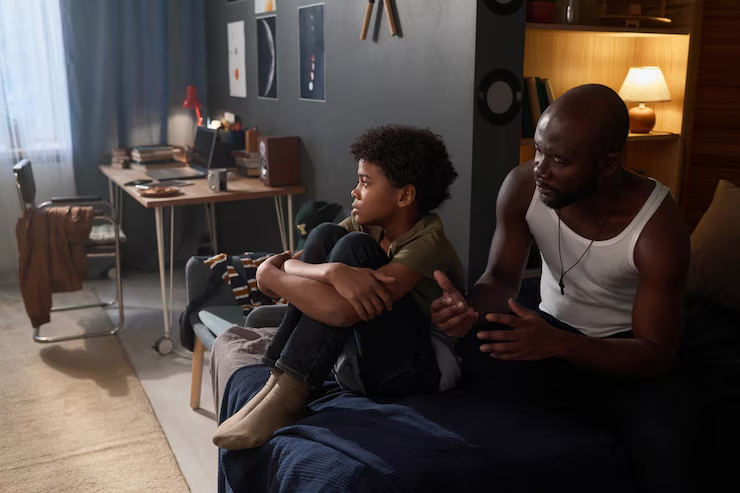
A Letter to Isaac
That night, I wrote a note to my son:
Buddy, I know today was hard. I messed up. I got angry when you were sad. I want you to know I’m here, even when you’re loud and I’m tired. I love you more than all the stars in the sky.
I slipped it into his lunchbox the next day. He can’t read it yet, but I hope he’ll understand someday.
Conclusion: Finding Strength in Vulnerability
Isaac’s outburst didn’t just break me, it changed me. I started making small changes: morning cuddles, weekend trips to the park, and more conversations with my wife about our fears as parents.
I learned that love isn’t about being perfect. It’s about showing up, even when it’s hard. When Isaac screams again—and he will—I’ll remember this: it’s okay to feel hurt, to feel overwhelmed. What matters is that I keep trying.
Being a father isn’t easy. But in those tough moments, when your child’s words cut deep, remember that you’re not alone. You’re doing your best, and that’s enough.



